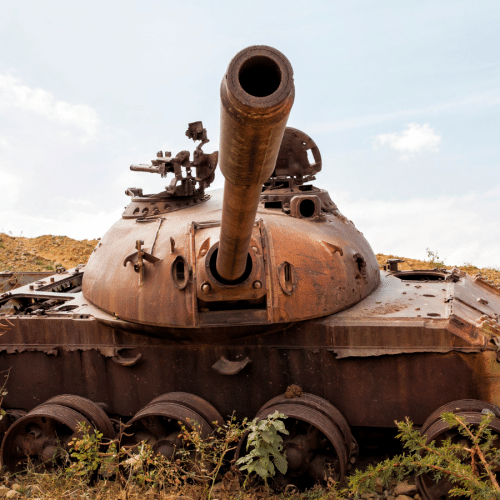
A new report recently released by PRIO provides an analysis of the global trends in conflict from 1946 to 2022. It shows conflict-related deaths rose significantly from 2022 to 2021.
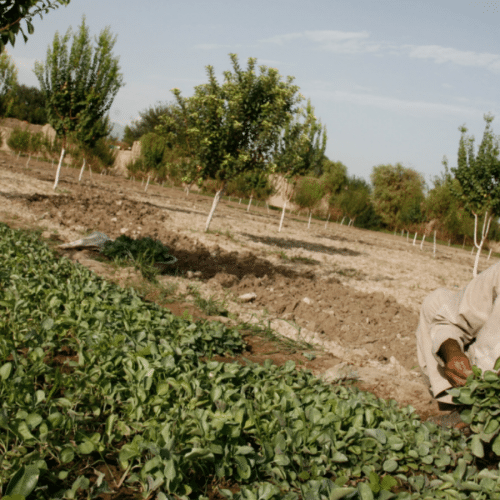
New report examines how long-term socioeconomic and environmental changes have shaped the context for poverty and food insecurity in Afghanistan.
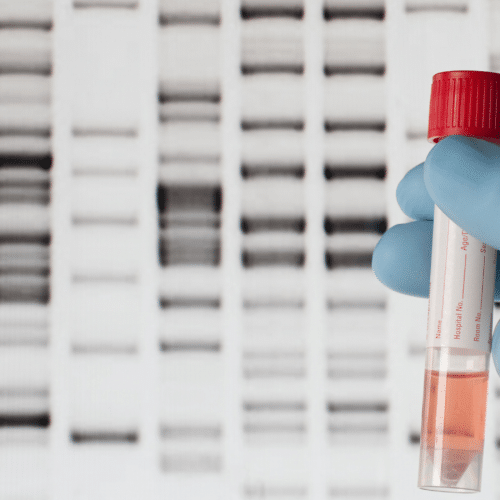
A new article for Global Studies Quarterly explores the implications of the centering of DNA technology in efforts to address sexual exploitation and abuse by aid workers.
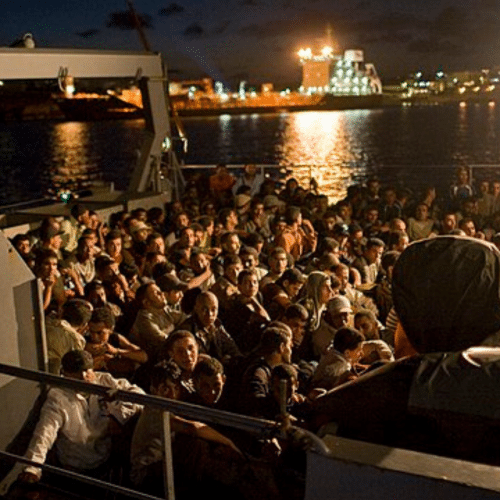
New article for the Journal of Borderland Studies compares the Mediterranean and Balkan routes of migration into the EU and strategies used by the European border regime to manage migration.

We invite EU/EEA-based NGOs operating in the Global South, compliance officers and data protection officers to complete a brief survey on screening, data protection and transparency in aid work.
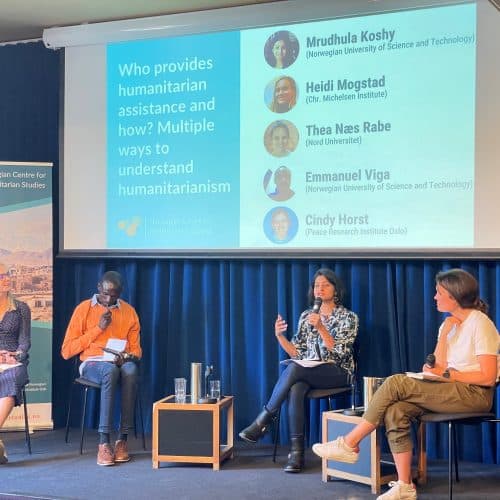
Held earlier this month, the NCHS Humanitarian Futures Conference explored the developments, risks, ideals and policies transforming the idea and practice of humanitarian assistance.
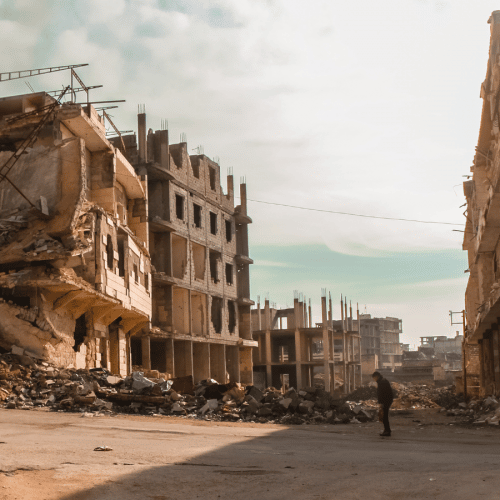
Grassroots education initiatives were a significant part of addressing the humanitarian disaster arising from the armed conflict in Syria. This article examines activists who organised informal schooling for children amid the war.
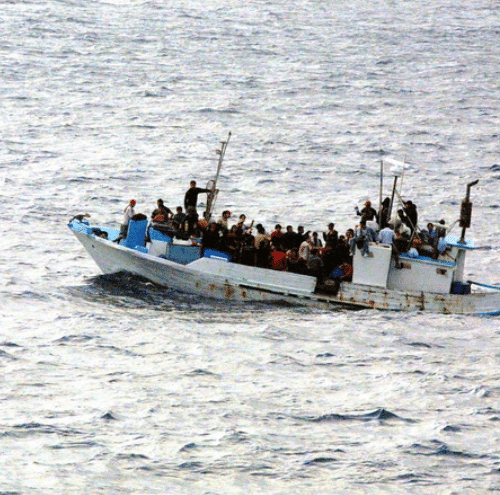
This new article explores why the EU and member states continue to rely on institutional arrangements with Libyan authorities despite the problematic legal, ethical and political implications.
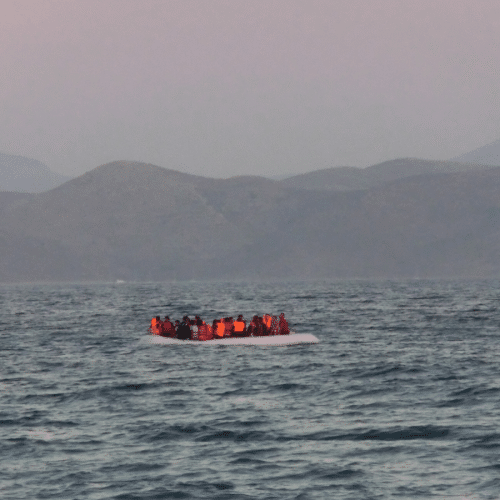
NCHS Associate, Heidi Mogstad explores European leaders and citizens widespread acceptance of non-white refugees drowning in Europe in this opinion piece for Al Jazeera.

Article for the Journal of Ethnic and Migration Studies explores how visa, readmission and resettlement policies interact in Europe’s external migration policy mix and remote control of borders.